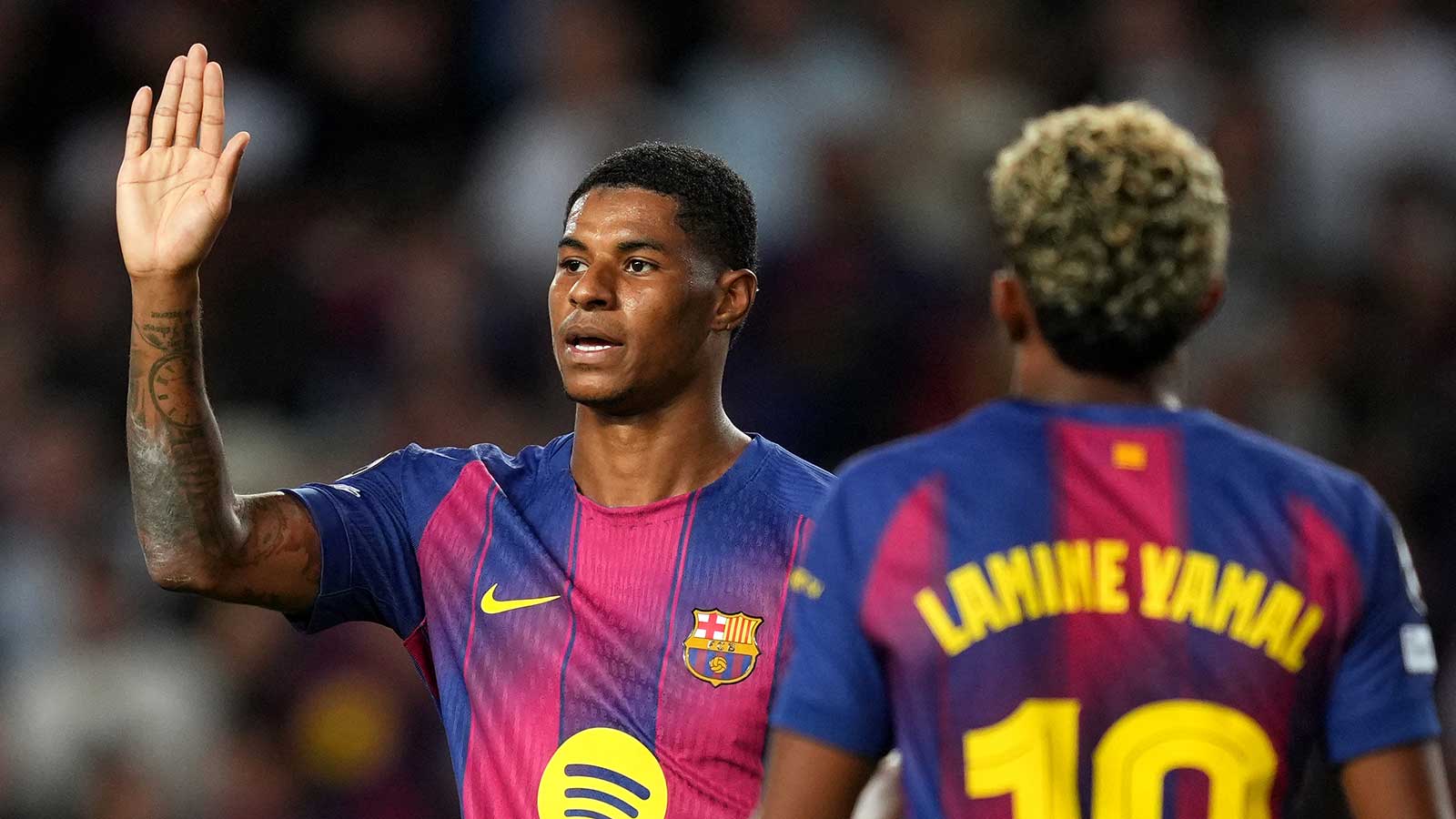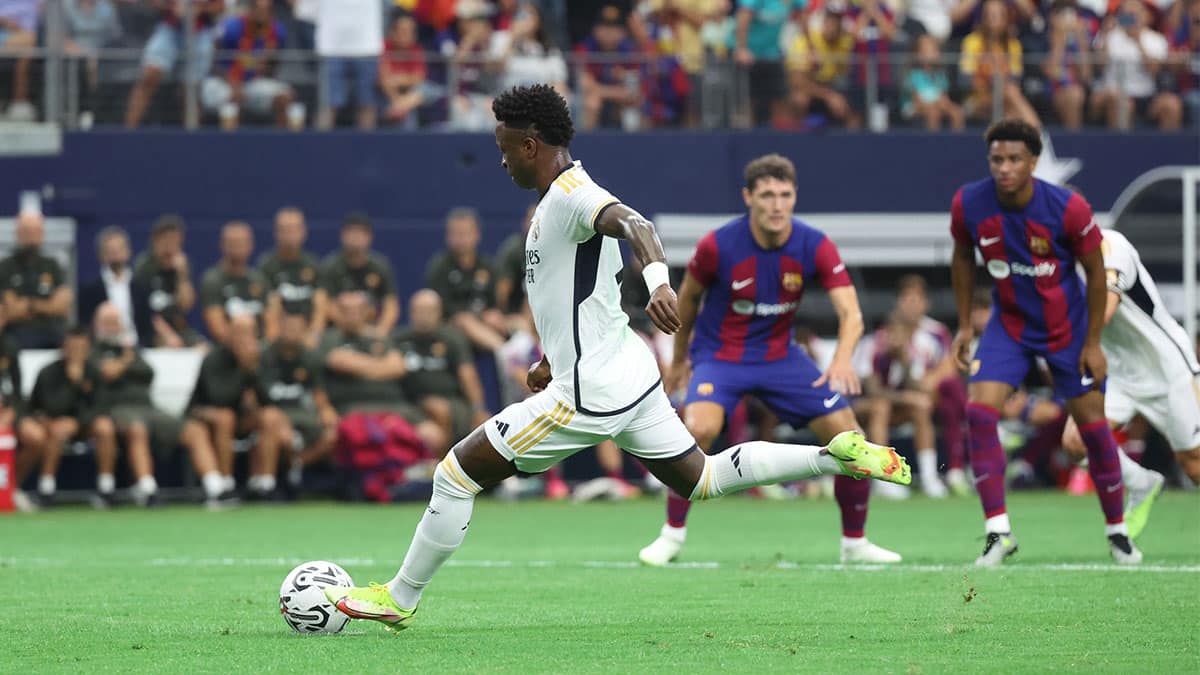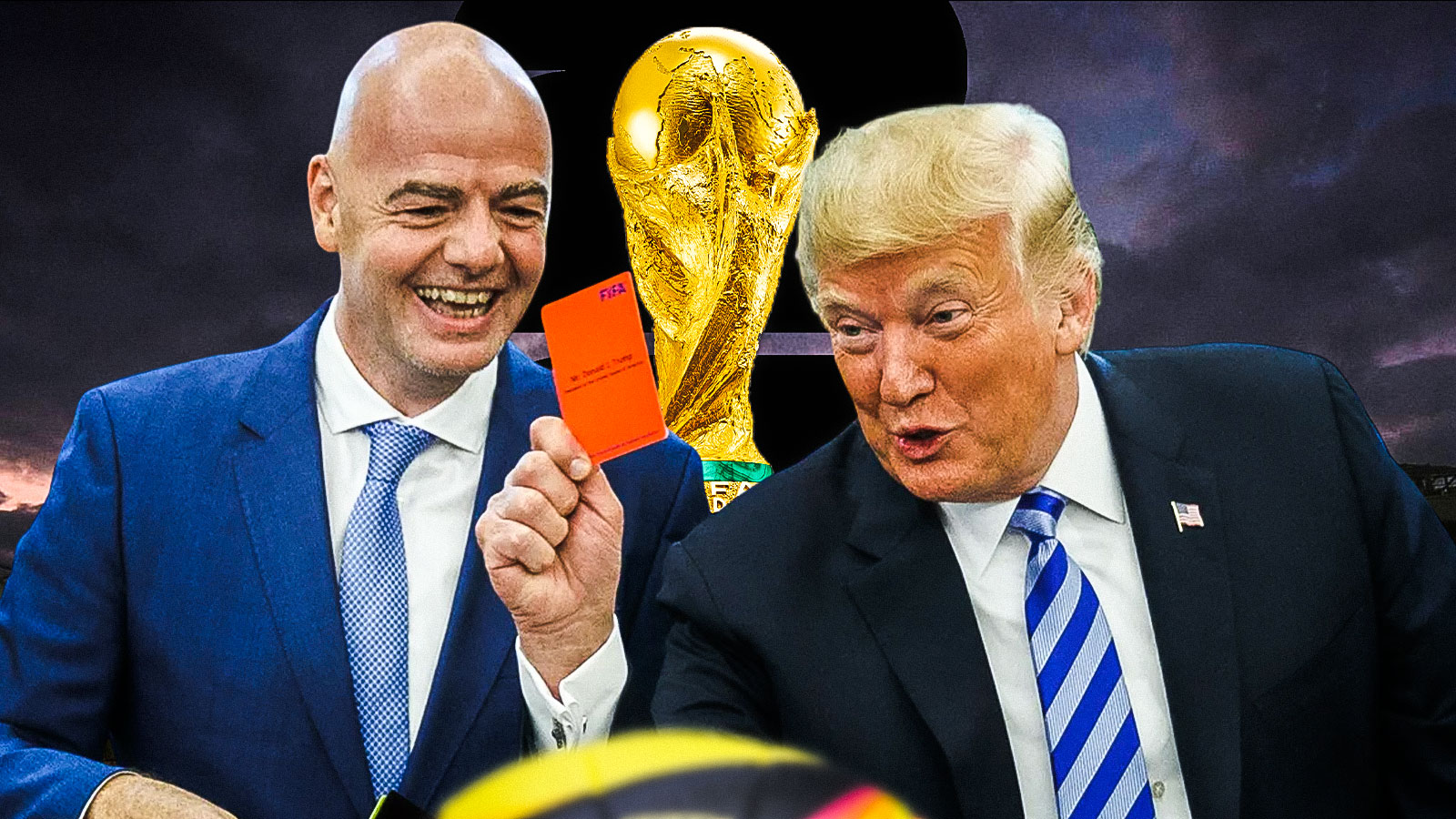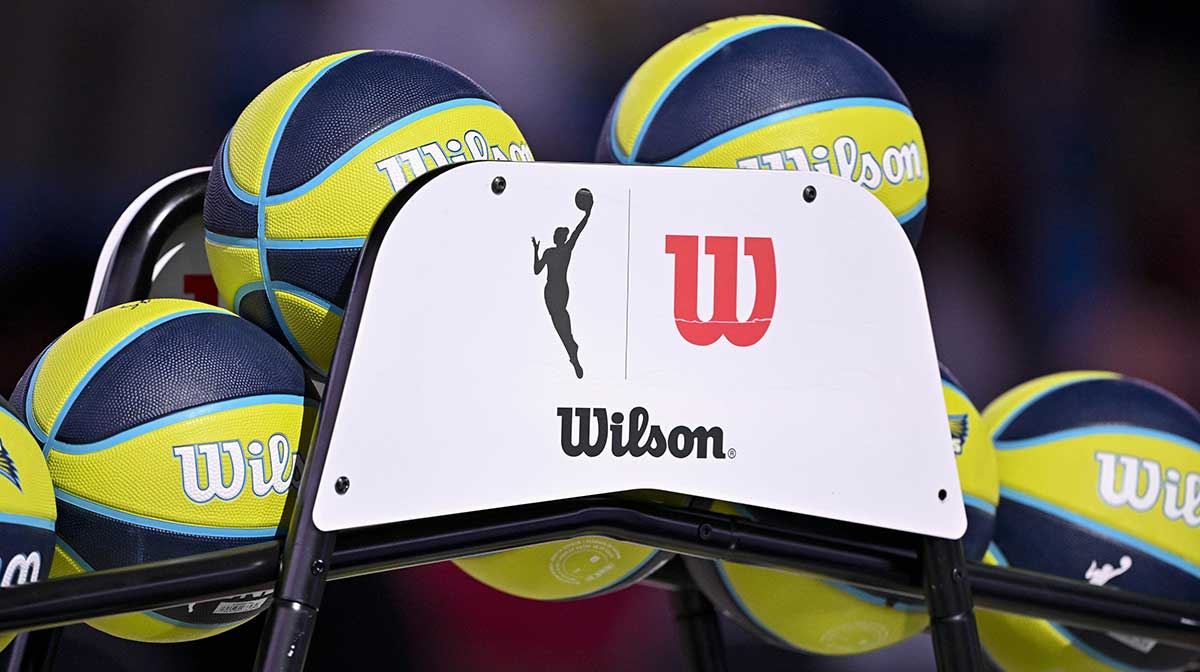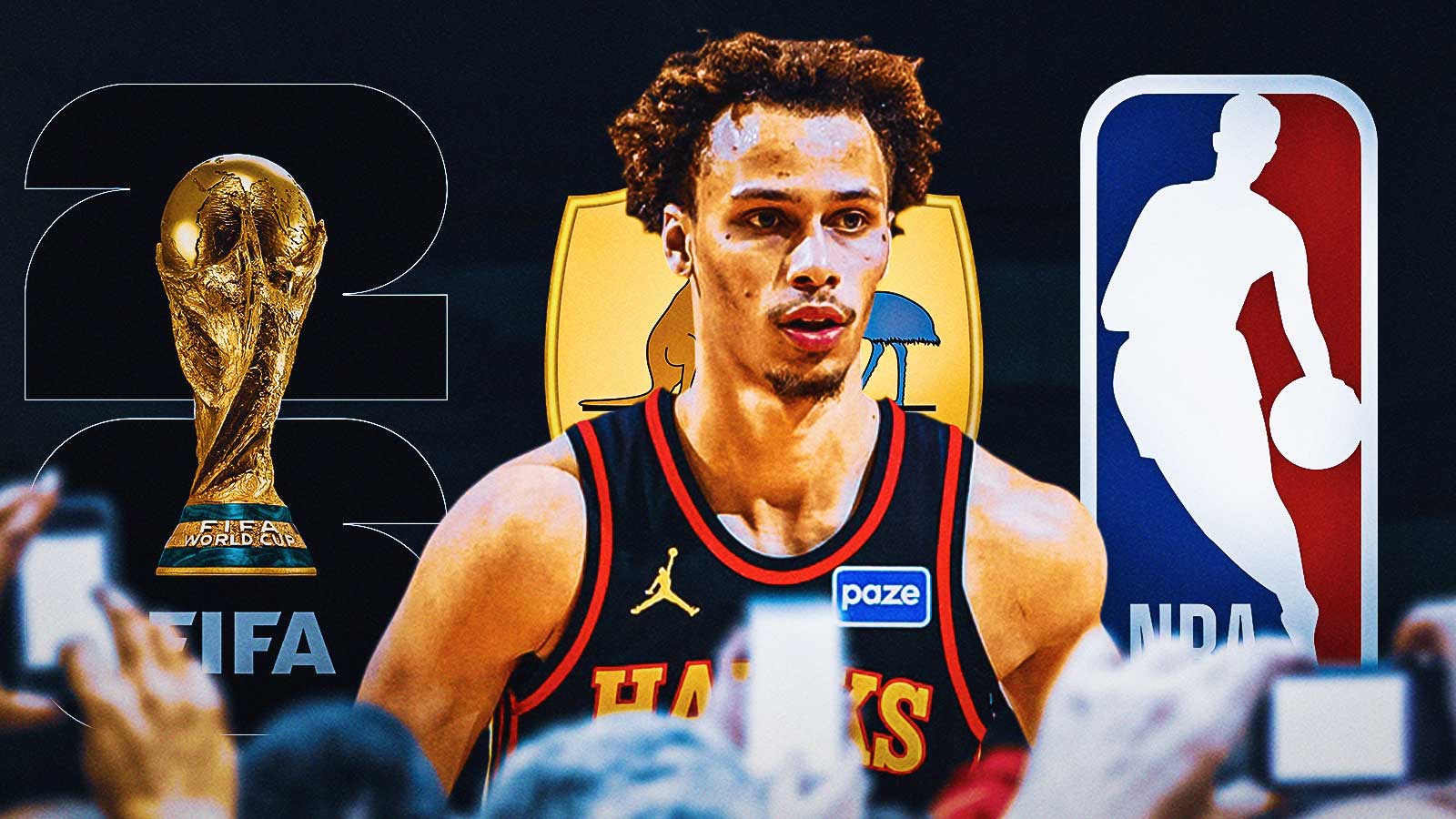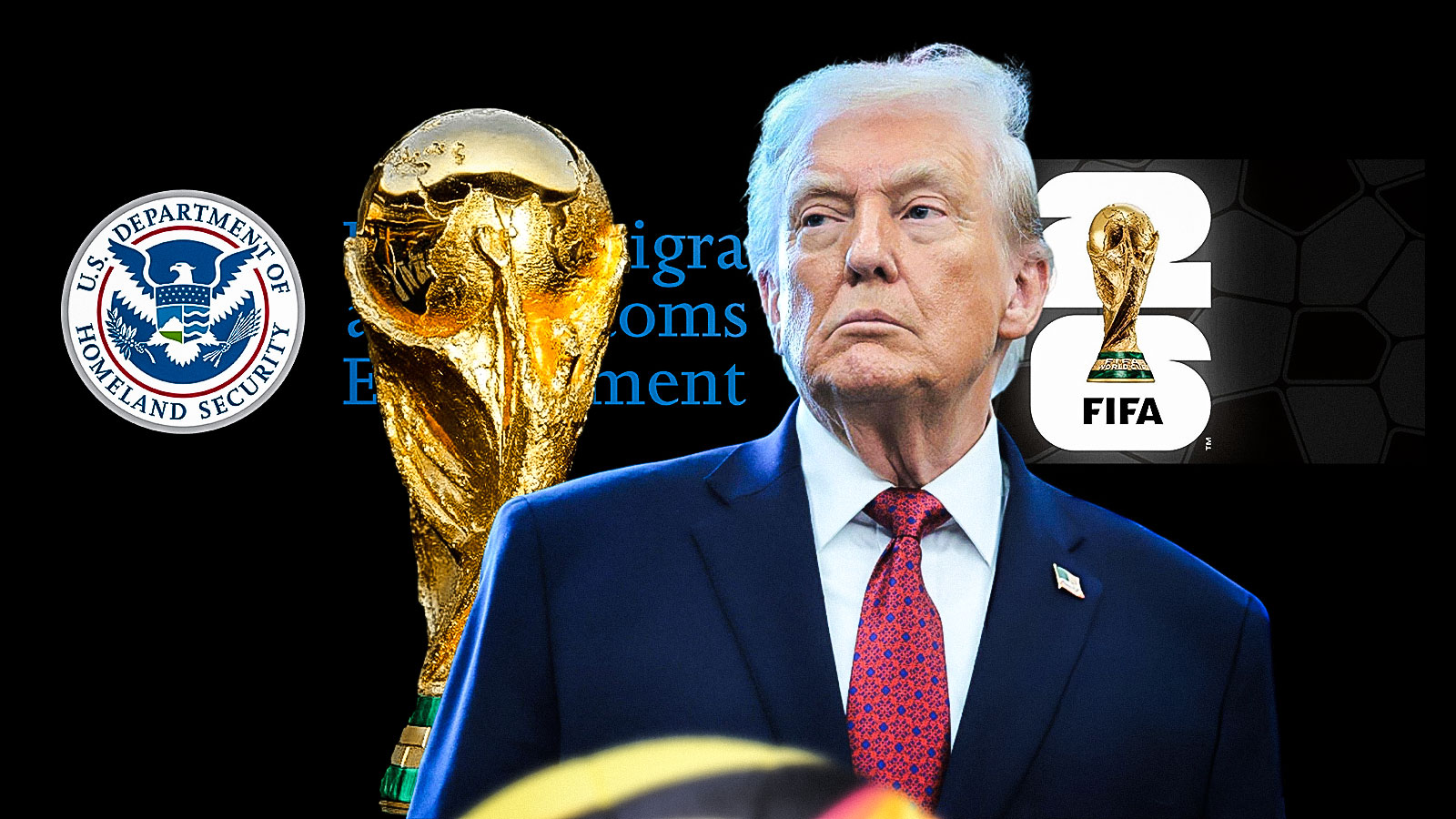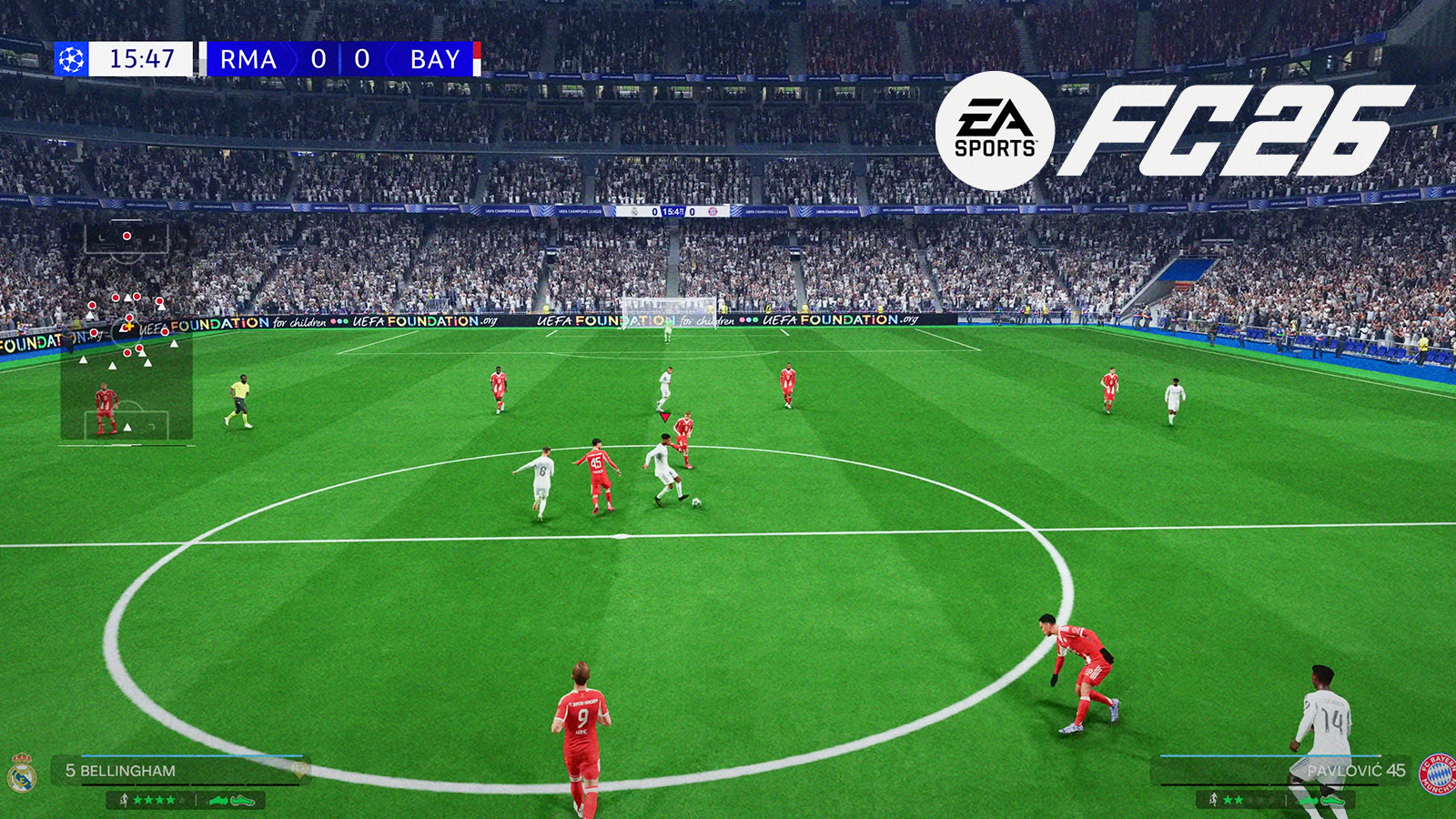When you have arguably the greatest player ever to play the game, you will bring coverage and viewership alongside him. This has exactly been the case with Lionel Messi and the MLS this year. And now, the viewership in the U.S.-based league has gone so high that it is threatening the viewership of the English Premier League. According to a study shown by the American division, the MLS is now more popular than the English Premier League since Messi's transfer to Inter Miami.
During the autumn season, the sports marketing firm, For Soccer conducted a survey of 2,020 individuals in the United States, encompassing both dedicated and casual fans of the sport.
Among respondents from Generation Z, aged approximately 11 to 26, a strong preference for individual players emerged. They overwhelmingly selected Lionel Messi as their favorite footballer, with a five-percentage-point lead over Portuguese legend Cristiano Ronaldo. With Messi's recent move to Inter Miami and the availability of MLS games on Apple TV, it is likely that the league has garnered a substantial increase in its young fanbase. Forbes reports that since 2019, the average valuation of MLS teams has surged by 85 percent, reaching $579 million.
“With partners like Apple, players like Messi, stadiums being built, the World Cup rocket fuel driving the future of our league, I think the opportunities for increased valuation are endless,” said Commissioner Don Garber. “I think that the $1 billion number is the right valuation for where we are today. And when we're together next year, I think the valuations will be even higher.”
While it's clear that MLS may not realistically compete with the Premier League in terms of overall popularity among all U.S. football fans, the numbers suggest a significant gap. The Premier League secured a massive six-year, £5.3 billion ($2.7 billion) broadcasting deal with NBC, averaging about £880 million per season. In contrast, MLS inked a reported 10-year, £2 billion ($2.5 billion) contract with Apple, translating to approximately £200 million per season – considerably less than the Premier League's deal.









